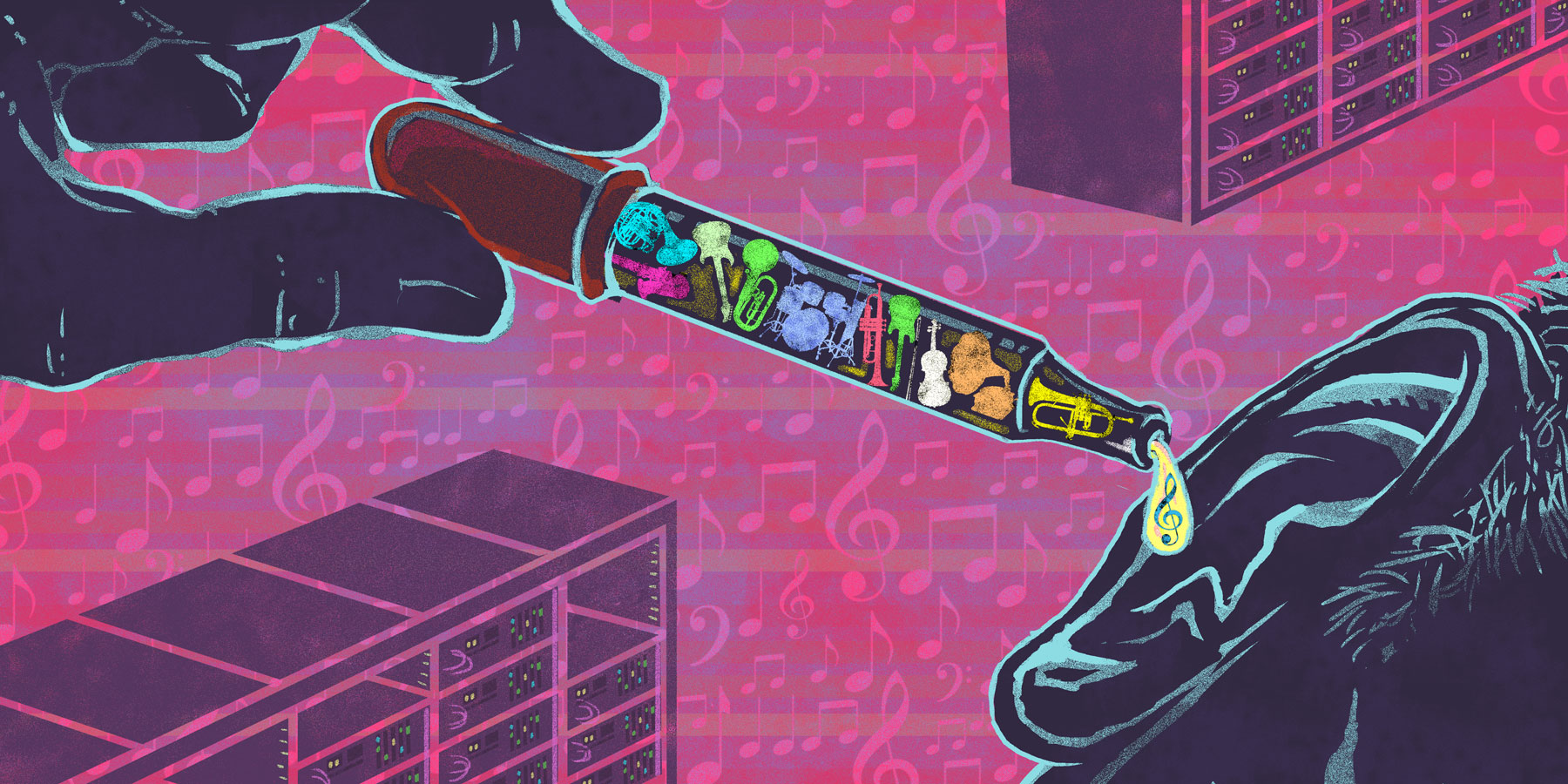From Kernel Magazine:
Your next favorite band won’t be signed for their explosive live show but for their YouTube views. Their big break won’t come from a copy of their cassette debut but from the tracking of their weekly SoundCloud spins. It’s not the underground buzz that will matter but the quantifiable chatter taking place on Twitter and Tumblr.
This isn’t a scene from the future. It’s happening right now. Big data is radically transforming the music industry, replacing the traditional role of A&R with complicated algorithms that will help labels not only decide which artists are worth signing but what songs should be released as singles and what cities those bands should hit on tour.
That’s not to say that live shows don’t matter. There’s just been a changed sense of what is “significant” in the business of music. A concert on a weekday evening might reach a couple hundred people, but when a well-followed Twitter personality tweets about a band, word could reach tens of thousands. An album release party might win fans in the double or even triple digits, but as soon as that album hits Spotify, it has a potential audience of millions to win over.
Our online interactions with music are interesting to the music industry because each interaction yields valuable data about who we are and what we like. On an individual basis, these bits are pretty worthless and disparate, but in the aggregate, they converge to tell a rich story about changes in taste and musical tide. The only problem is how to best organize and make sense of that data, so that artists, A&R companies, and all order of music industry professionals can make actionable (and hopefully lucrative) plans for the future.
– See more at: http://kernelmag.dailydot.com/issue-sections/headline-story/12188/big-data-music-next-big-sound/?curator=MusicREDEF#sthash.MjfLuJiR.dpuf







